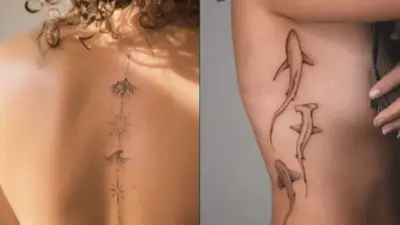Tattoos have long been a form of expression, deeply rooted in culture and personal identity. Understanding tattoo symbolism can open up a world of meaning behind the art that adorns your skin. Each design tells a story, reflecting your beliefs, experiences, or heritage, making tattoos uniquely personal.
Throughout history, different cultures have embraced tattoos as a means of marking significant life events, asserting social status, or showcasing beauty. Today, you can choose from countless designs, each rich in symbolism, influencing your decision-making. By grasping the meanings associated with various tattoos, you can select one that resonates with your individual journey.
As you consider a tattoo, reflect on how it communicates your identity and values. The right tattoo is more than just body art; it’s a narrative of who you are and what you represent.
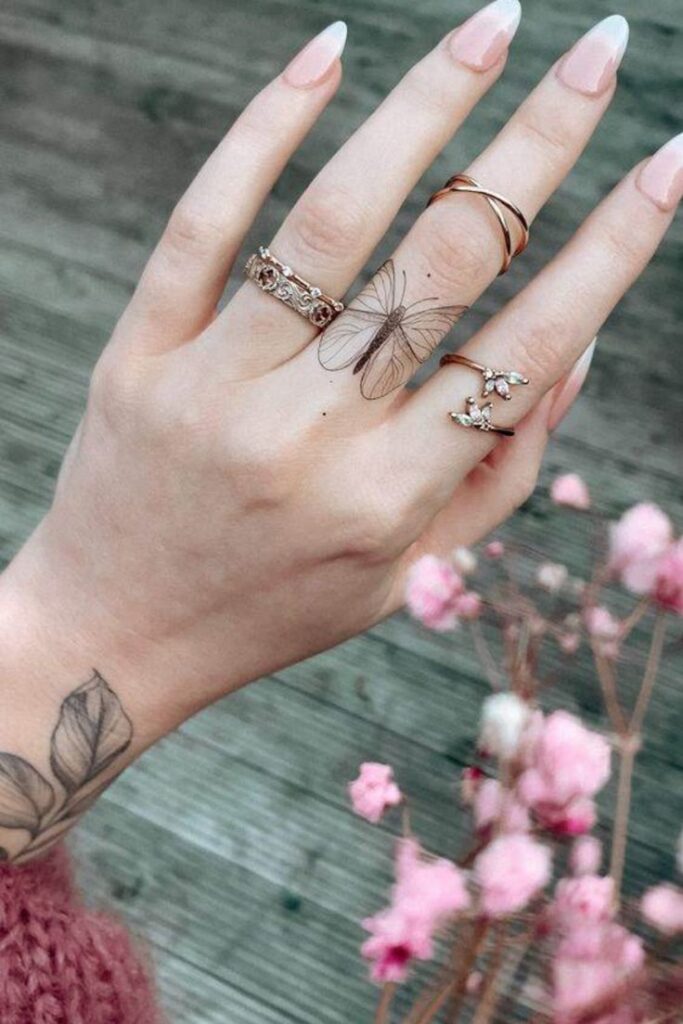
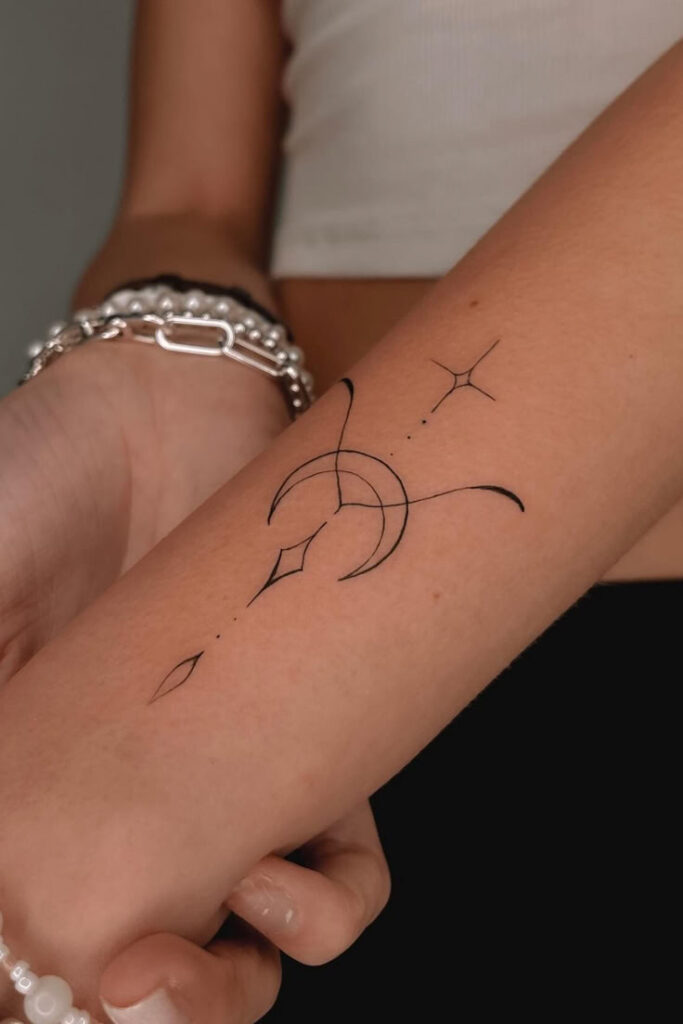
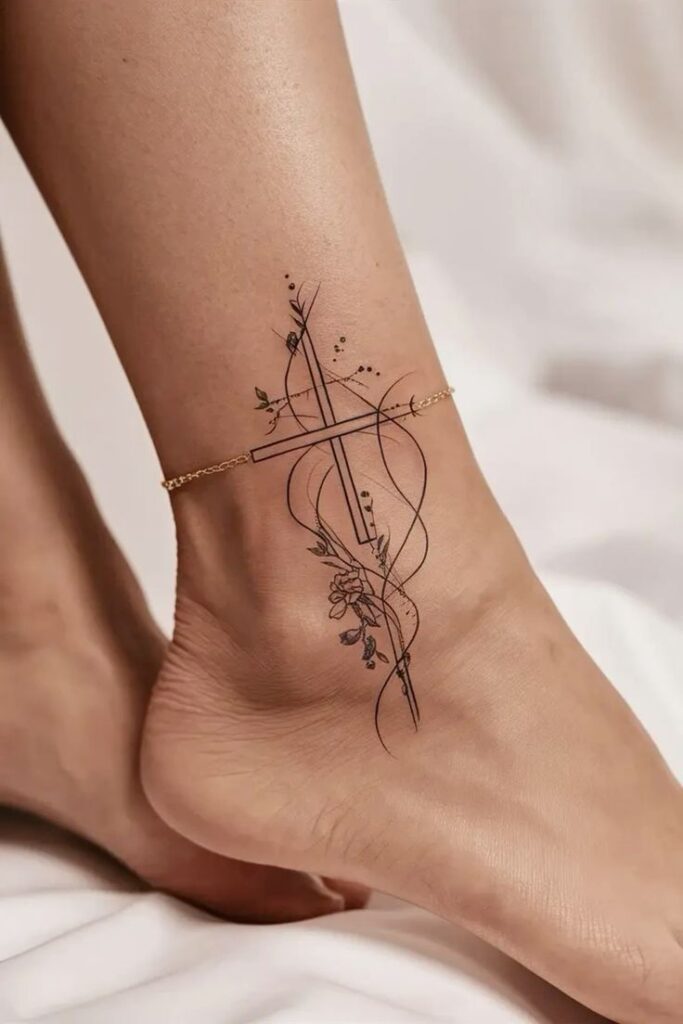
Key Takeaways
- Tattoos convey deep personal stories and cultural significance.
- Different designs symbolize various aspects of identity and meaning.
- Choosing a tattoo involves considering its visual appeal and symbolic relevance.
Historical Significance and Origins
Tattoos have played a significant role across many cultures and eras, often serving as symbols of identity, belief, and social status. To grasp the depth of tattoo symbolism, it’s essential to explore the historical roots and meanings behind various designs.
Ancient Civilizations and Tattoos
Tattoos trace back thousands of years, with evidence found in ancient Egypt, where they were often associated with female divinity and fertility. Mummies from this era revealed intricate designs, indicating societal status or protective symbols. In Polynesian cultures, tattoos expressed ancestry and were integral to social hierarchy. Likewise, the ancient Celts adorned their bodies with intricate knots and spirals that held deep spiritual meanings. These designs often reflected a connection to nature and the cycle of life.
Cultural Symbols and Their Meanings
Across global cultures, tattoos serve as visual languages conveying stories and beliefs. In Native American culture, tribal tattoos often symbolize personal achievements or affiliation to a specific tribe. Each design carries meaning—such as the eagle for bravery or the bear for strength. Additionally, in Japanese culture, tattoos can reflect spiritual beliefs, with designs like koi fish symbolizing perseverance and success. Elements like geometric patterns can signify protection or connection to one’s roots and ancestors.
Tattoos in War and Peace
Throughout history, tattoos have marked moments of conflict and resolution. Soldiers in various cultures have adorned their bodies with symbols representing their unit or victories in battle. For instance, the U.S. military has long seen soldiers getting tattoos to commemorate their service. Conversely, tattoos can also signify peace. In some cultures, they have been used as symbols of resilience and survival, showcasing one’s ability to overcome adversity and trauma. This duality highlights the tattoos’ role in both wartime representation and the healing of communities.
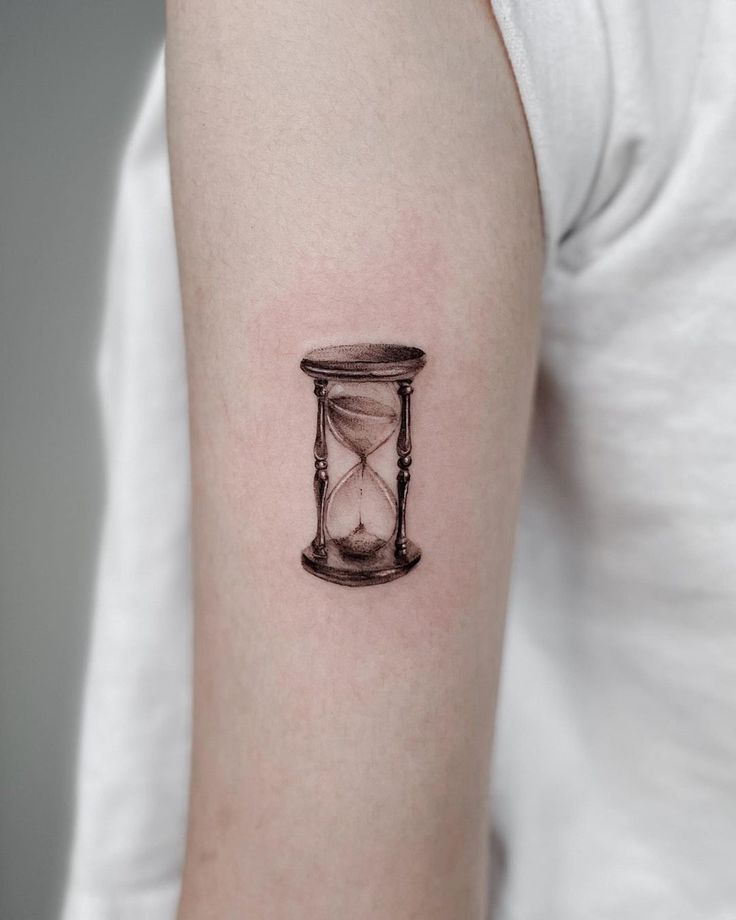
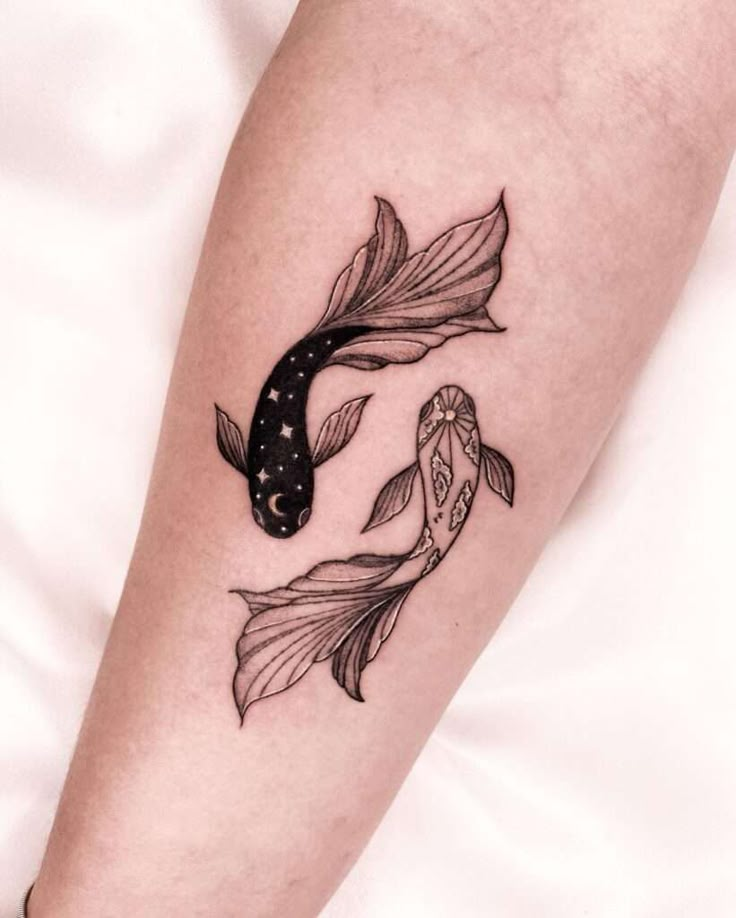
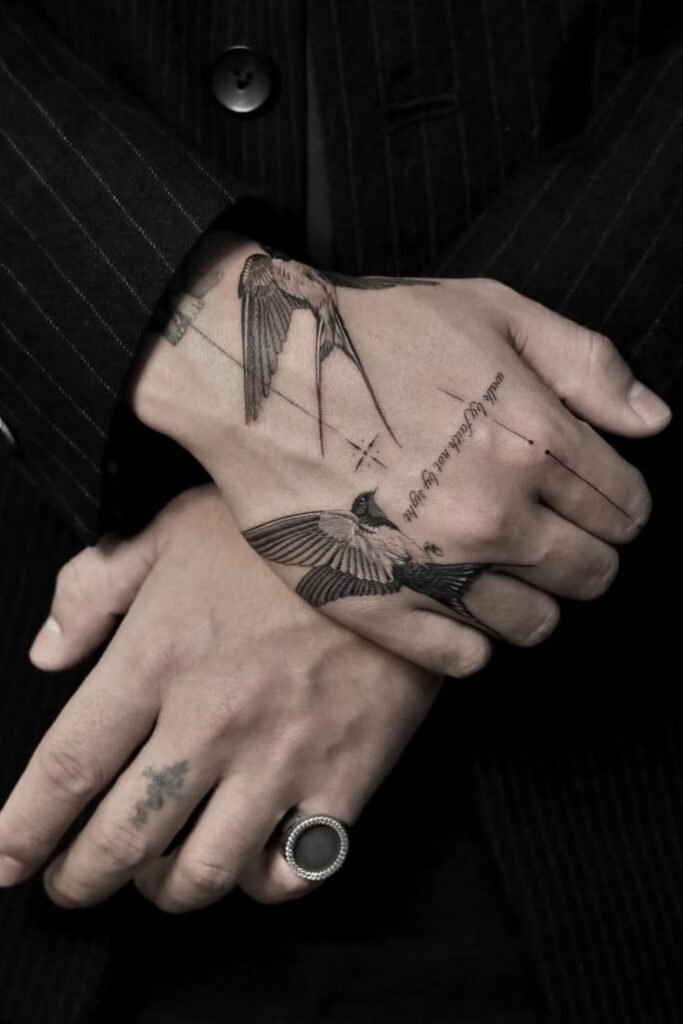
Symbolism and Meanings of Popular Tattoos
Tattoos often carry deep meanings, connecting personal beliefs, emotions, and cultural significance. Understanding the symbolism behind popular tattoos can enhance your appreciation of their art and personal relevance.
Animal Tattoos and Their Significance
Animal tattoos serve as powerful symbols often representing traits or attributes associated with those creatures. For example, a lion tattoo symbolizes strength, courage, and bravery. This majestic animal inspires confidence and leadership.
In contrast, an owl tattoo embodies wisdom and intuition. Owls are seen as protectors of knowledge and guidance, making them a fitting choice for those valuing enlightenment.
Other animals, like dragons, carry meanings of power, self-assuredness, and are often linked to mythological stories. Each animal tattoo tells a story, unique in its representation yet universally understood.
Floral Tattoos – Beauty and Life
Floral tattoos evoke themes of beauty, nature, and life. A butterfly tattoo often symbolizes transformation and the journey towards personal growth. Butterflies indicate change yet suggest strength in emerging from past limitations.
Similarly, flower tattoos, like roses, represent love and passion. They can denote fleeting moments or eternal love, depending on the context. A lotus flower, deeply rooted in various cultures, symbolizes purity, spirituality, and rebirth.
These floral designs offer a connection to nature, emphasizing fragility yet resilience.
Nautical Tattoos – Sailors and Their Stories
Nautical tattoos connect to a rich history rooted in maritime culture. Anchors symbolize stability and hope, providing sailors with a sense of security amidst uncertainty.
Nautical stars, often inked by sailors, serve as a guide for navigation, representing safe passage and guidance home. They hold a significance for those who seek direction in life.
Additionally, ships can symbolize adventure, the journey of life, and the pursuit of dreams. Each nautical tattoo reflects the wearer’s personal voyage, echoing the tales of sailors throughout history.
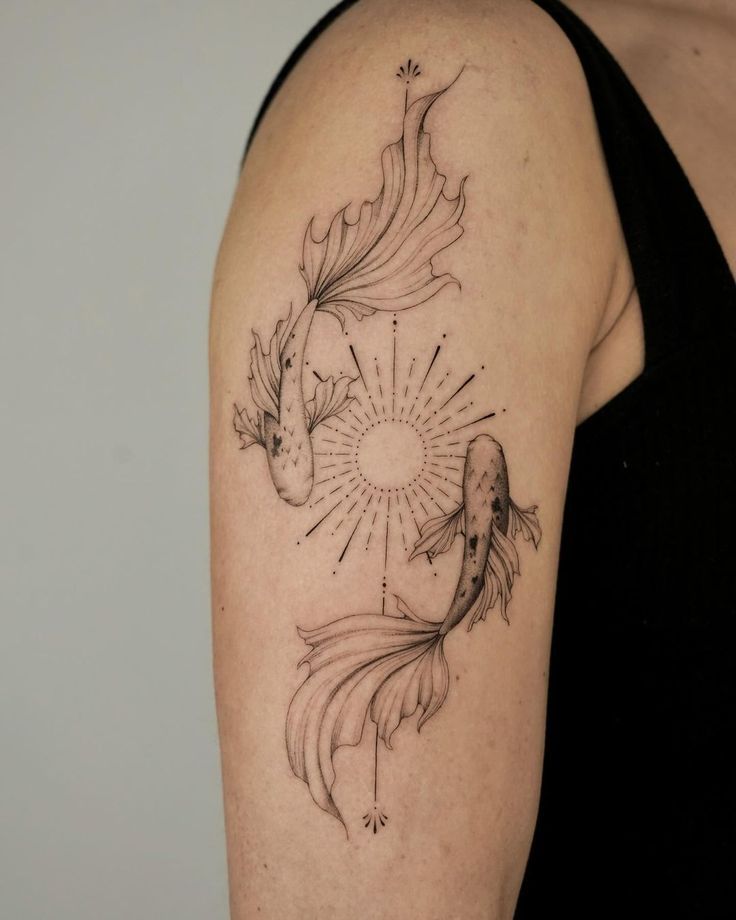
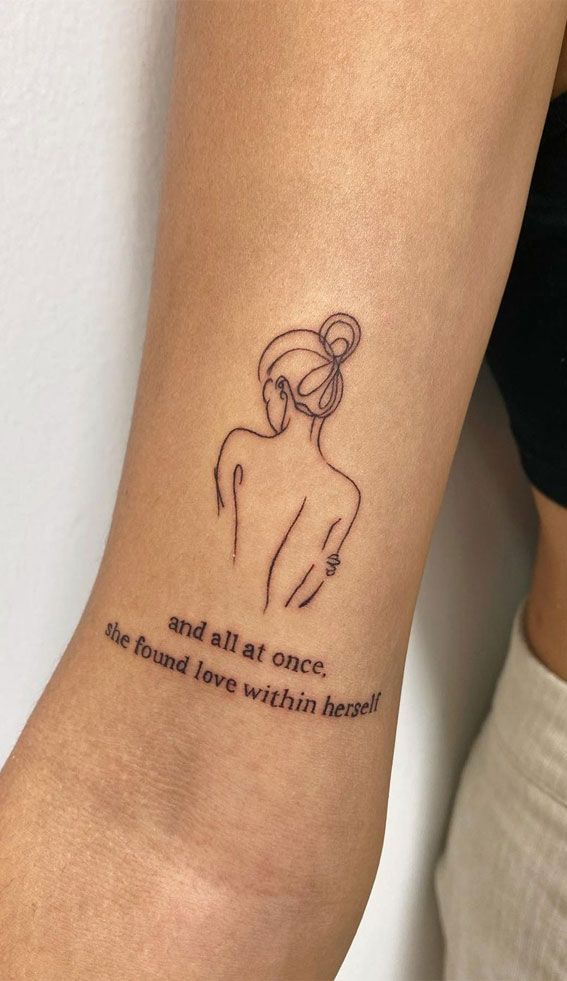
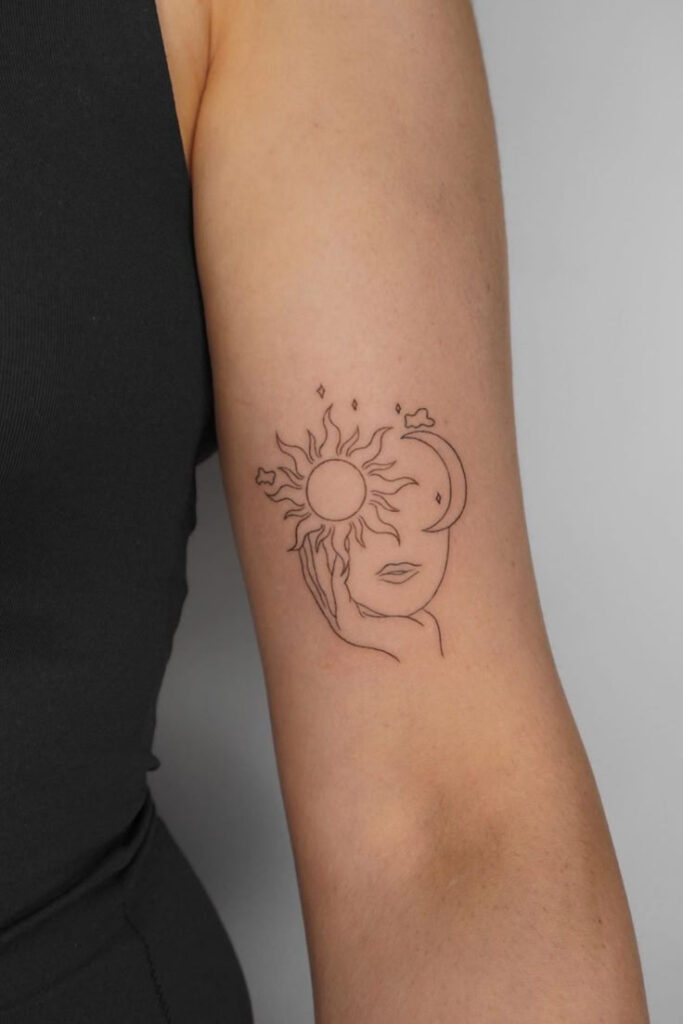
Personal Expression and Identity
Tattoos serve as a powerful medium for self-expression and identity. They can capture personal beliefs, commemorate significant events, or signify loyalty and affiliation, creating a unique narrative for each individual.
Body Art as Self-Expression
Tattoos provide a canvas for showcasing your personality and individuality. The choice of design often reflects your values, interests, and passions. Whether it’s a minimalist symbol or an intricate piece of art, each tattoo conveys a personal message.
Many individuals choose symbols that resonate with their life experiences or beliefs. For example, a compass may represent a love for travel, while a floral design can signify growth and change. The intentional selection of tattoo designs is a form of storytelling, allowing you to share your journey with the world.
Commemoration and Personal Stories
Tattoos often commemorate significant life events or loved ones. This personal connection gives tattoos deeper meaning. You might choose to memorialize a family member or mark a milestone, such as a graduation or overcoming a challenge.
A common choice is a date or initials that symbolize a pivotal moment. These designs serve as constant reminders of your personal history. They anchor you in your life story, preserving memories through art that you carry on your body.
Affiliation and Loyalty Through Tattoos
Tattoos can signify loyalty to specific groups or ideologies. Many people choose designs that represent their affiliations, such as military insignias, organizational logos, or cultural symbols. These tattoos often serve as affirmations of commitment to a cause or belief system.
Additionally, tattoos can foster a sense of belonging within communities. Sharing similar designs can strengthen connections between individuals who identify with the same values or experiences. This affinity creates bonds that extend beyond personal expression, highlighting the social aspect of tattooing.
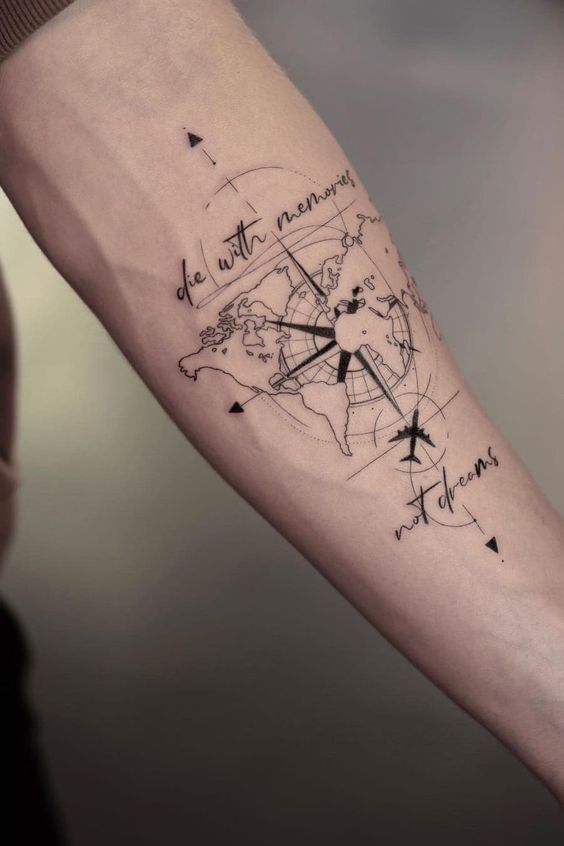
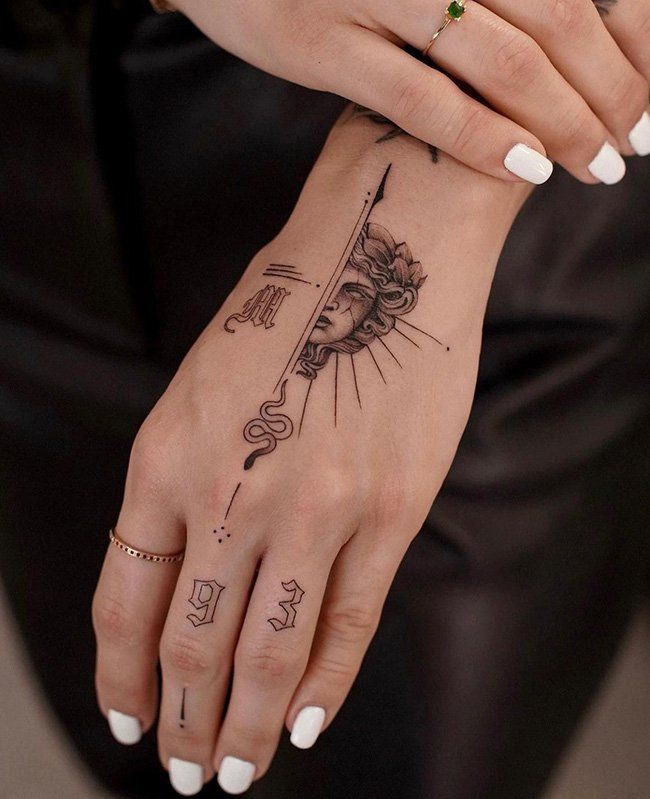
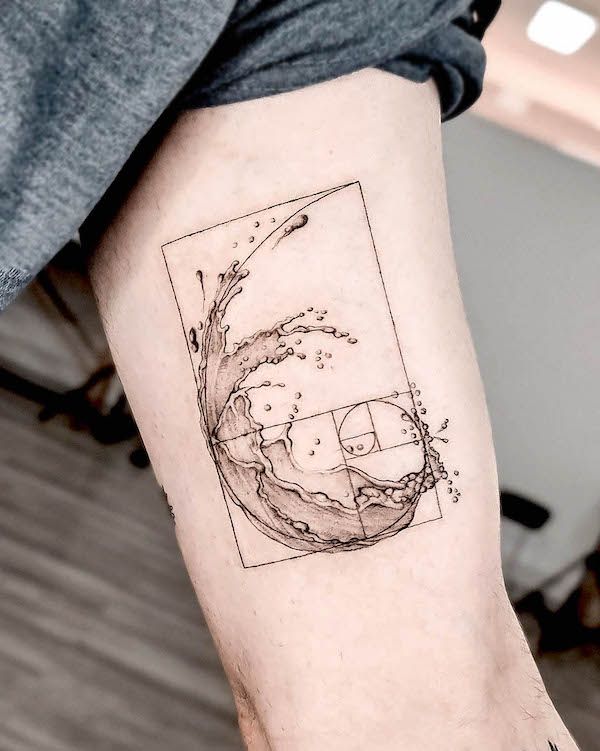
Tattoo Designs and Styles
Tattoo designs and styles vary widely, reflecting personal expression, cultural heritage, and modern trends. Understanding these categories can enhance your appreciation and choice when selecting a tattoo.
Modern Interpretations of Traditional Motifs
Modern tattoos often reimagine traditional motifs, infusing them with contemporary aesthetics. Designs may include updated symbols from various cultures, such as Chinese characters or Celtic knots, but executed with modern techniques and color palettes.
You might notice these tattoos maintain their original meanings while adopting sleeker lines and bolder colors. This blend of classic and modern appeals to tattoo enthusiasts looking to honor tradition while still demonstrating personal flair. Many artists specialize in these reinterpretations, bringing their unique artistry to timeless designs.
Tribal and Traditional Styles
Tribal tattoos connect to deep cultural roots, often originating from indigenous peoples. These designs typically feature bold black lines and geometric patterns, symbolizing heritage, strength, and unity.
Traditional tattoos, like the American Traditional style, include specific themes such as skulls, roses, and anchors. These tattoos often use a limited color palette and strong outlines, emphasizing clarity and symbolism. Each design carries meaning; for instance, skull tattoos may symbolize mortality or the celebration of life, while crown tattoos can represent royalty and authority.
Contemporary Tattoo Trends
Tattoo trends continually evolve, driven by creativity and technology. Popular styles include watercolor tattoos, which mimic the appearance of paintbrush techniques, and minimalist designs characterized by simple lines and shapes.
Other trends encompass realistic portrait tattoos that capture lifelike details or innovative 3D tattoos that create optical illusions. These contemporary designs showcase the versatility of tattoo artistry, allowing you to express personal stories or aesthetics in new ways. As tattoo artists experiment with techniques and styles, you have access to an array of choices that enhance your tattoo experience.
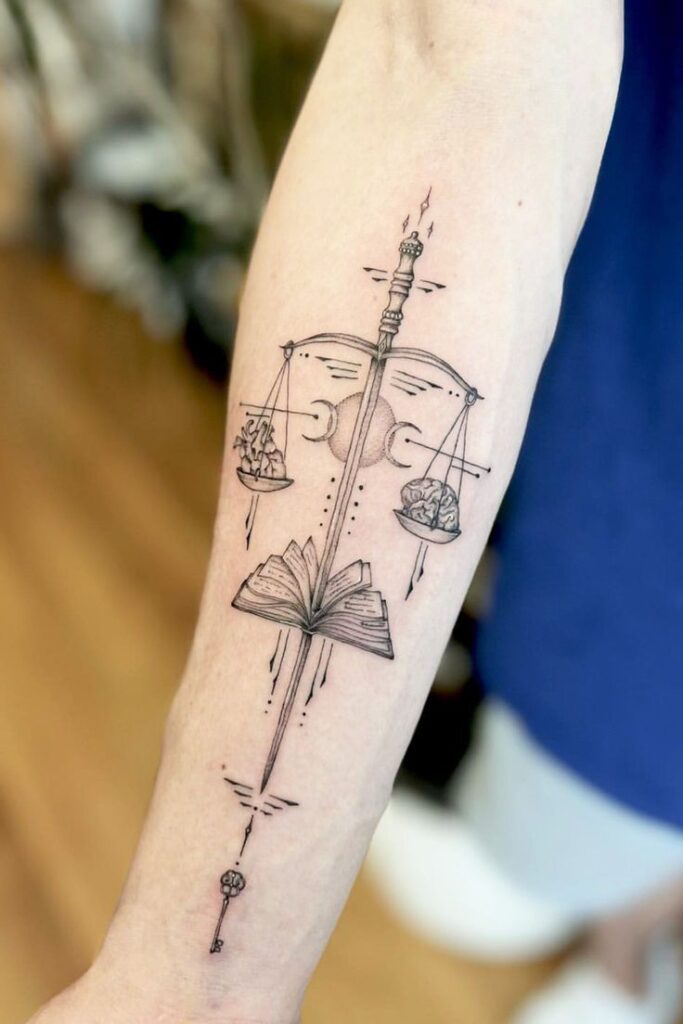
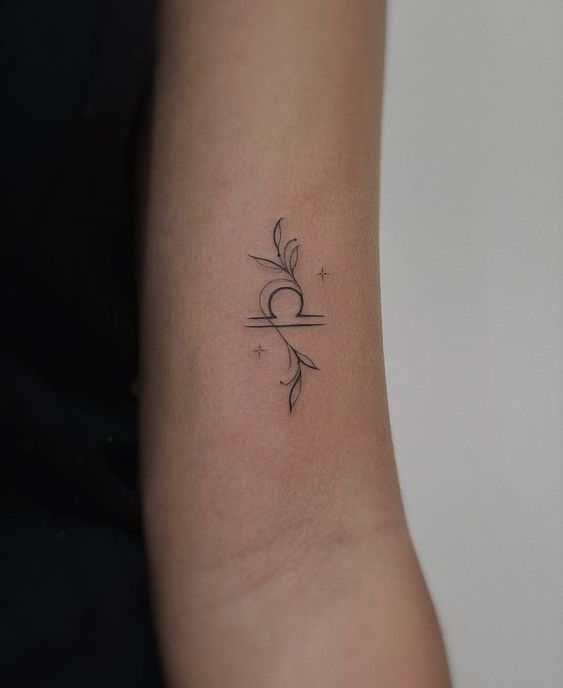

The Tattoo Process and Experience
The tattoo process involves multiple steps, from selecting a design to caring for your new ink. Each stage is essential for ensuring you have a positive experience and a meaningful result.
Choosing the Right Design
Selecting the right tattoo design is crucial. Consider tattoo meanings that resonate with you personally. Research different types of tattoos, such as tribal, watercolor, or minimalist styles, to find what suits your aesthetic.
You might want to create a sketch or gather images that reflect your vision. Think about placement on your body and size, as these factors affect the overall impact. Consult with tattoo artists for guidance; they can help refine your ideas and ensure the design works well for the area you choose.
Finding the Right Tattoo Artist
Choosing a tattoo artist requires careful consideration. Look for professionals with experience in the style you prefer. Check their portfolios to see past work and reviews from other clients.
Don’t hesitate to ask potential artists about their creative process and hygiene practices. Communication is key; choose someone who listens to your ideas and incorporates your thoughts into the design. A strong artist-client relationship enhances the quality of your tattoo experience.
Caring for Your Tattoo
After receiving your tattoo, proper aftercare is essential for healing. Follow your artist’s instructions closely. Typically, this includes keeping the area clean, applying a specific ointment, and avoiding direct sunlight.
It’s also important to avoid soaking your tattoo in water, such as in pools or hot tubs, for at least two weeks. Monitor the healing process and watch for signs of infection, such as unusual redness or swelling. Consistent care will help preserve the quality of your design and its meaning over time.
- 1.0Kshares
- Facebook0
- Pinterest1.0K
- Twitter0
- Reddit0


